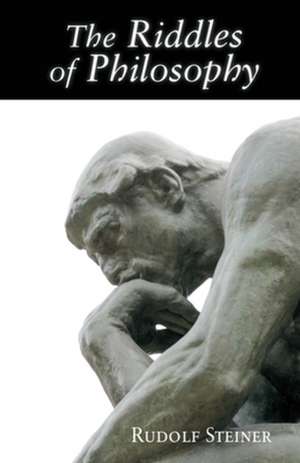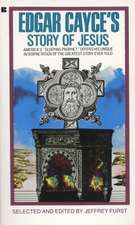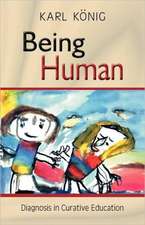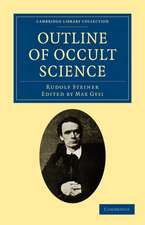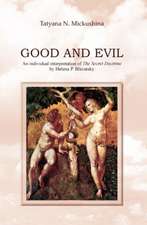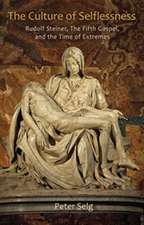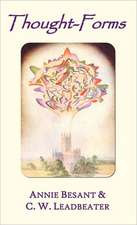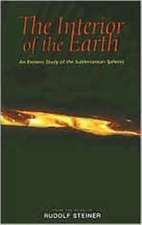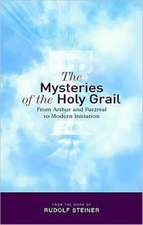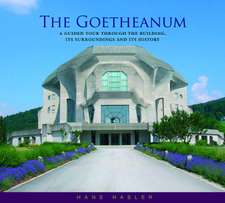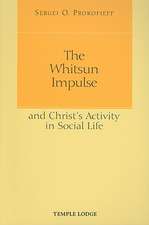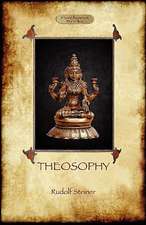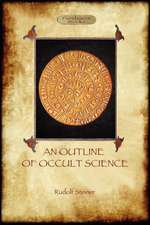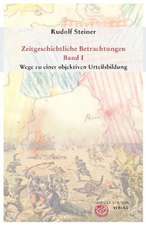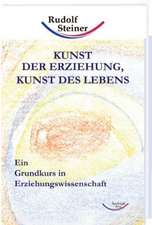The Riddles of Philosophy
Autor Rudolf Steineren Limba Engleză Paperback – 16 noi 2009
"Rudolf Steiner's "Riddles of Philosophy: Presented in an Outline of Its History" is not a history of philosophy in the usual sense of the word. It does not give a history of the philosophical systems, nor does it present a number of philosophical problems historically. Its real concern touches on something deeper than this, on riddles rather than problems. Philosophical concepts, systems and problems are, to be sure, to be dealt with in this book. But it is not "their" history that is to be described here. Where they are discussed they become symptoms rather than the objects of the search. The search itself wants to reveal a process that is overlooked in the usual history of philosophy. It is the mysterious process in which philosophical thinking appears in human history. Philosophical thinking as it is here meant is known only in Western civilization. Oriental philosophy has its origin in a different kind of consciousness, and it is not to be considered in this book.
"What is new here is the treatment of the history of philosophic thinking as a manifestation of the evolution of human consciousness. Such a treatment requires a fine sense of observation. Not merely the thoughts must be observed, but behind them the thinking in which they appear.
"To follow Steiner in his subtle description of the process of the metamorphosis of this thinking in the history of philosophy we should remember he sees the human consciousness in an evolution. It has not always been what it is now, and what it is now it will not be in the future. This is a fundamental conception of anthroposophy."
READ THE COMPLETE INTRODUCTION BY FRITZ KOELLN.
CONTENTS:
- Introduction
- Preface to the 1923 Edition
- Preface to the 1918 Edition
- Preface to the 1914 Edition
- PART I Guiding Thoughts on the Method of Presentation The World Conception of the Greek Thinkers Thought Life from the Beginning of the Christian Era to John Scotus Erigena The World Conceptions of the Middle Ages The World Conceptions of the Modern Age of Thought Evolution The Age of Kant and Goethe The Classics of World and Life Conception Reactionary World Conceptions The Radical World Conceptions
- PART II The Struggle Over the Spirit Darwinism and World Conception The World as Illusion Echoes of the Kantian Mode of Conception World Conceptions of Scientific Factuality Modern Idealistic World Conceptions Modern Man and His World Conception A Brief Outline of an Approach to Anthroposophy
- Alphabetical Index
Preț: 230.50 lei
Nou
44.10€ • 46.05$ • 36.50£
Carte disponibilă
Livrare economică 15-29 martie
Livrare express 01-07 martie pentru 49.47 lei
Specificații
ISBN-10: 0880107111
Pagini: 508
Ilustrații: black & white illustrations
Dimensiuni: 140 x 216 x 29 mm
Greutate: 0.64 kg
Editura: Steiner Books
